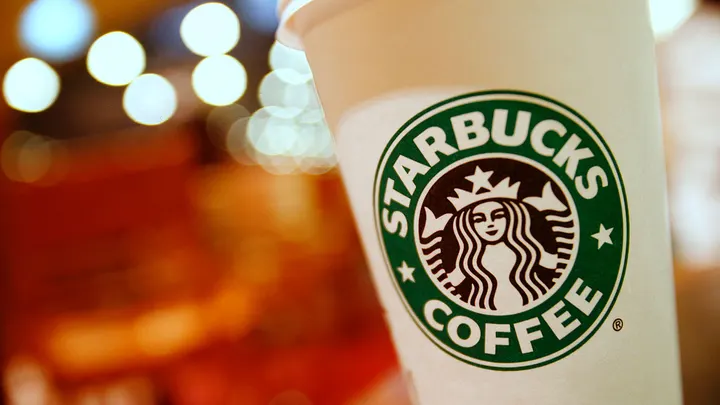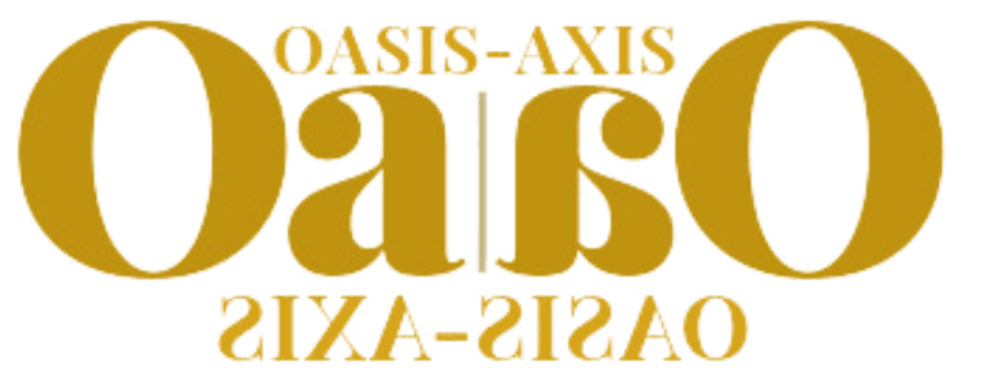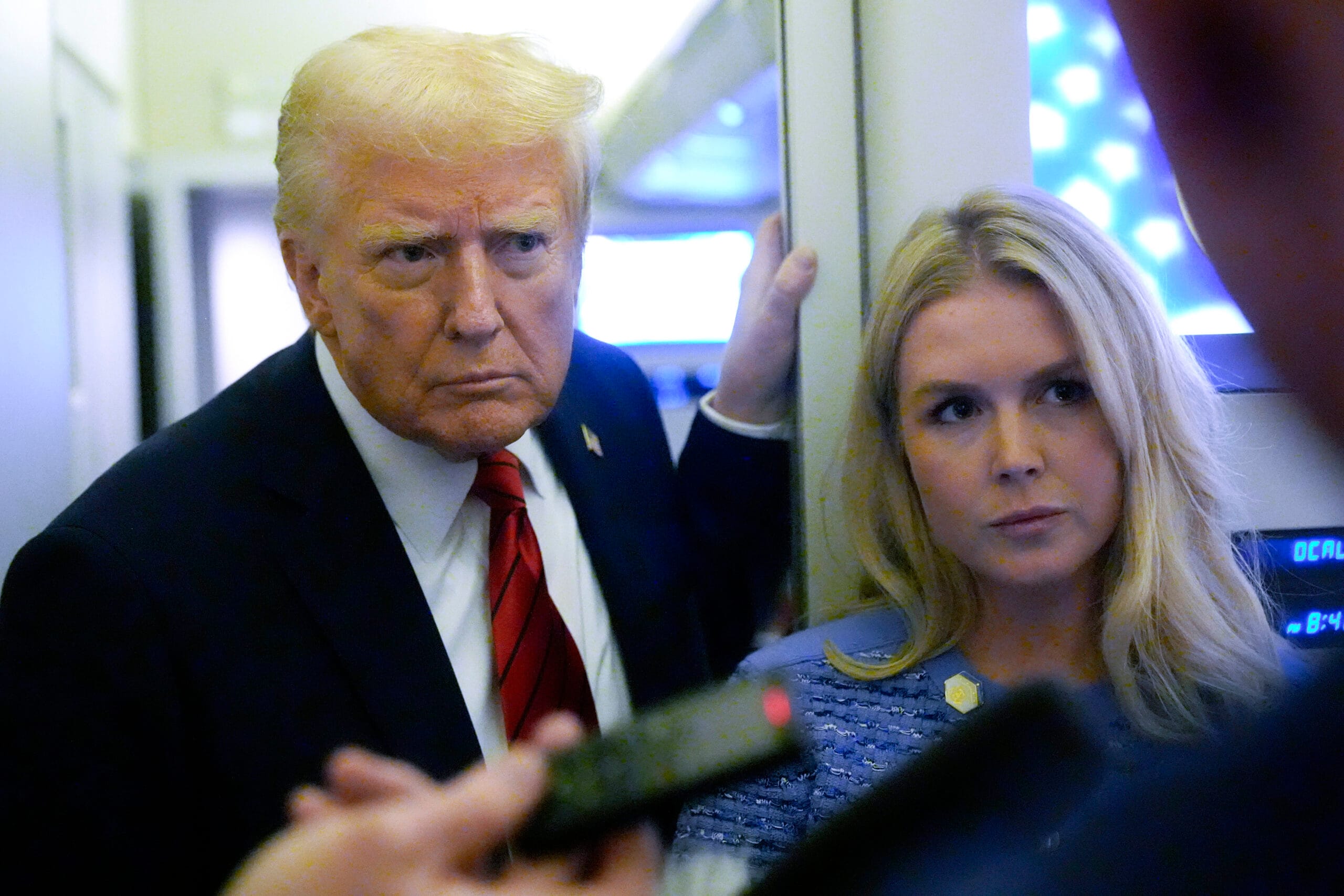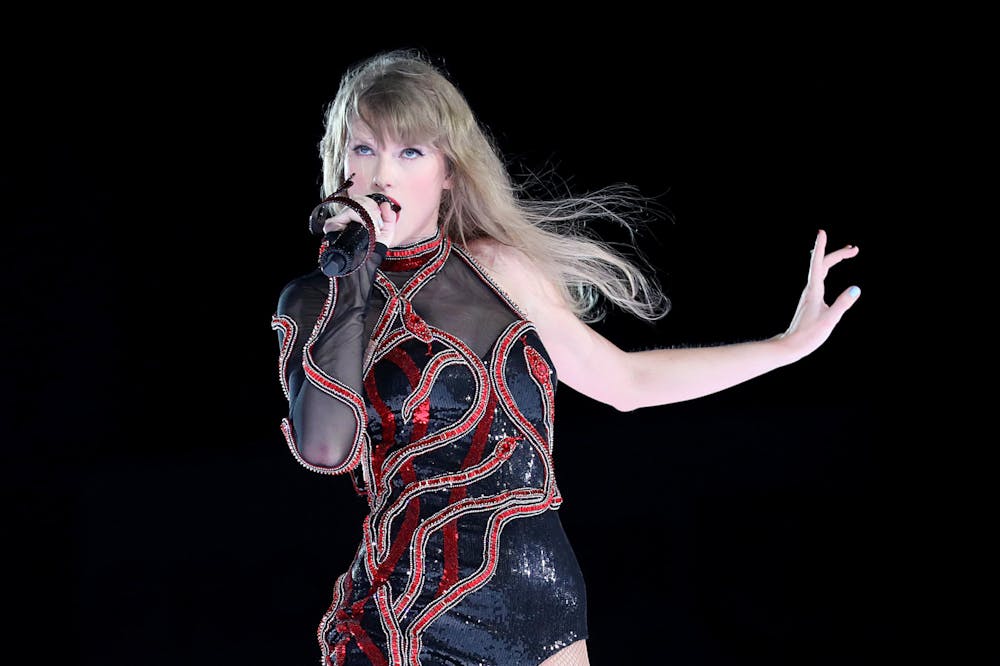
In a landmark legal decision, Starbucks has been ordered to pay $50 million in damages to a customer who suffered severe burns from a hot tea spill. The incident occurred on February 8, 2020, at a Starbucks drive-through in Los Angeles, California, involving delivery driver Michael Garcia.
Incident Details
Michael Garcia, a delivery driver, purchased a venti-sized hot tea from a Los Angeles Starbucks drive-through. Upon receiving the beverage, the cup tipped over in the takeout tray, spilling its scalding contents onto Garcia’s lap. This mishap resulted in severe burns and permanent injuries to his genital area, necessitating multiple medical procedures, including skin grafts.
Legal Proceedings and Verdict
Garcia filed a lawsuit against Starbucks, alleging negligence in securing the hot beverage within the takeout tray. After deliberations, a Los Angeles County jury found Starbucks liable for the incident and awarded Garcia $50 million in damages. Garcia’s attorney, Nick Rowley, emphasized the significance of the verdict in holding Starbucks accountable for customer safety.
Starbucks’ Response
Starbucks expressed disagreement with the jury’s decision, stating their commitment to the highest safety standards in their stores, including the handling of hot drinks. The company indicated plans to appeal the verdict, labeling the damages awarded as excessive.
Comparisons to Previous Cases
This case draws parallels to notable lawsuits involving hot beverage spills:
- McDonald’s Hot Coffee Case: In the 1990s, a New Mexico woman was awarded nearly $3 million after suffering third-degree burns from a McDonald’s coffee spill.
- McDonald’s Chicken McNugget Case: In 2023, a South Florida jury awarded $800,000 to the family of a 4-year-old girl who suffered second-degree burns when a hot Chicken McNugget fell onto her lap.
Implications for the Food and Beverage Industry
The substantial award in Garcia’s case underscores the critical importance of safety protocols in the food and beverage industry. Companies are reminded of the potential legal and financial repercussions of failing to ensure customer safety, particularly concerning the handling and serving of hot beverages.
Conclusion The $50 million verdict against Starbucks serves as a significant reminder of the responsibilities that food and beverage establishments bear in safeguarding their customers. As Starbucks plans to appeal, the case continues to highlight the importance of stringent safety measures and the potential consequences of lapses in protocol.






